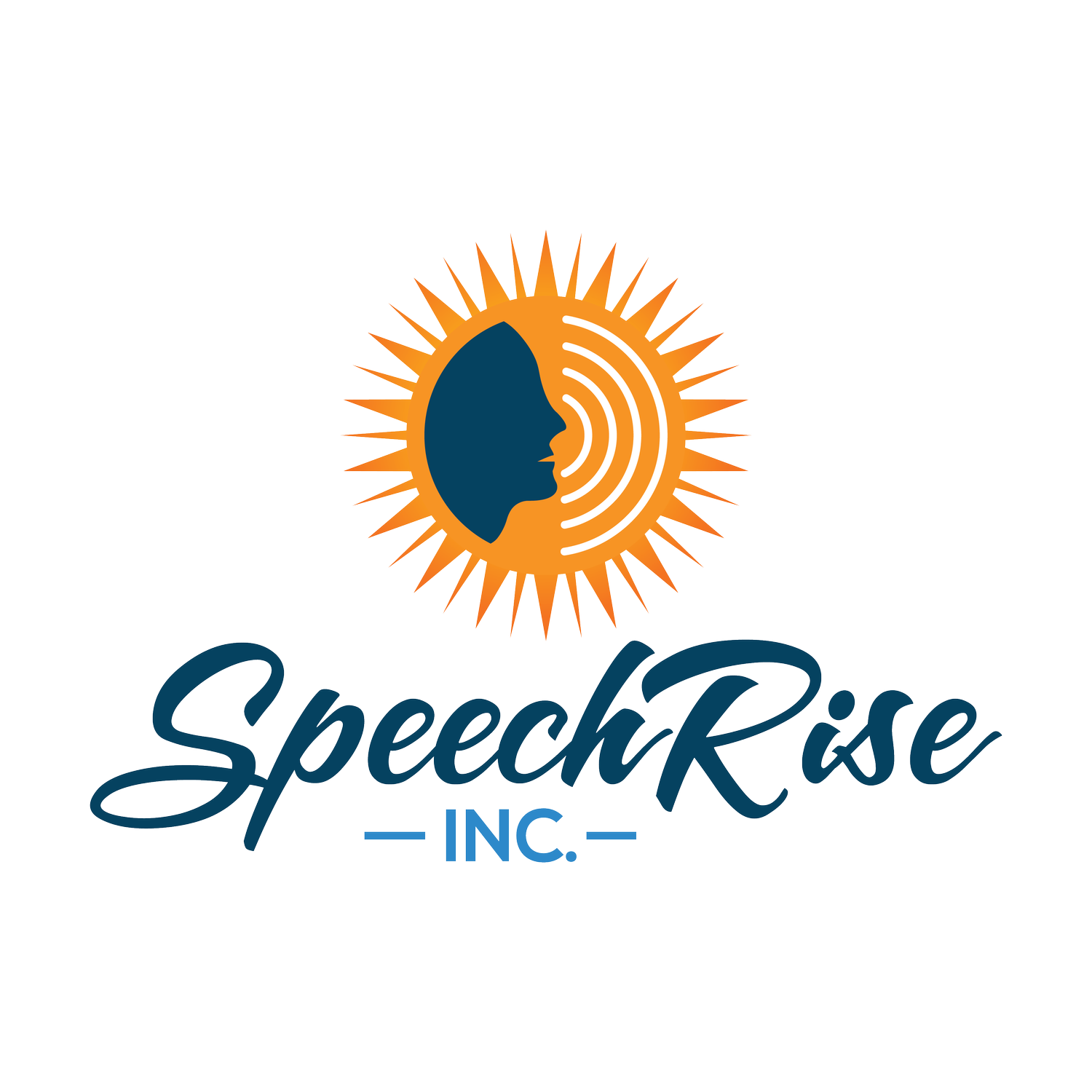Navigating Toddler Tantrums and Understanding How They Are Related to Speech Development
As every parent of a toddler knows, tantrums are an inevitable part of early childhood. These emotional outbursts can be overwhelming for both toddlers and parents, often leaving everyone involved feeling frustrated. While tantrums are a normal part of development, understanding their triggers and how to respond can significantly ease the challenges. If language delays or communication difficulties are contributing to your toddler’s frustration, seeking guidance from a speech therapist can be crucial.
In this post, we'll explore how to manage toddler tantrums and why speech therapy may be an essential tool for promoting healthy communication and emotional regulation.
Why Do Toddlers Have Tantrums?
Toddlers are rapidly growing—physically, emotionally, and cognitively. During this period of development, they’re also working hard to communicate their needs, desires, and frustrations. Tantrums often stem from a combination of factors such as:
Limited language skills: Toddlers may not have the vocabulary to express themselves fully, which can lead to frustration when they feel misunderstood.
Emotional overload: Strong feelings like frustration, anger, or excitement can be overwhelming for toddlers, and they might not yet have the tools to regulate these emotions.
Desire for independence: Toddlers are eager to assert their independence, but they often encounter limits set by caregivers or their own abilities, leading to meltdowns.
Understanding the reasons behind tantrums can help you address them with patience and empathy. However, for some toddlers, underlying communication difficulties can exacerbate the frequency and intensity of these outbursts.
Strategies for Managing Tantrums
When dealing with a toddler tantrum, it’s essential to first regulate YOUR emotions. An dysregulated parent cannot help a dysregulated child!
Stay Calm and Composed: Your child will look to you for cues on how to react. If you remain calm, it can help de-escalate the situation.
Validate Their Emotions: Acknowledge their feelings by saying, "I see you're upset" or "It's okay to feel frustrated." This shows them that their emotions are understood and accepted.
Use Distraction: Redirect their attention to something else, such as a favorite toy or a new activity. Distraction can quickly shift their focus away from what triggered the tantrum.
Offer Simple Choices: Toddlers love to feel in control. Offering choices (e.g., "Do you want the blue cup or the red one?") can empower them while still keeping the situation under your guidance.
Establish Routines: Predictability can reduce tantrum triggers. Having consistent routines for meals, naps, and playtime helps toddlers feel secure.
When Tantrums Stem from Communication Issues
While tantrums are part of typical development, persistent or intense tantrums can sometimes indicate a deeper issue. For toddlers with delayed speech or limited language abilities, tantrums may occur because they struggle to communicate their needs. This frustration can be overwhelming for them and lead to frequent meltdowns.
A study published in the Journal of Applied Developmental Psychology examined the relationship between expressive language delays and temper tantrums in toddlers aged 12 to 38 months. The researchers found that children with fewer spoken words exhibited more frequent and severe temper tantrums compared to their peers with typical language development. Specifically, late talkers were nearly twice as likely to experience severe tantrums.
Questions about your toddler's speech and language skills or wondering if they’re right on track in regard to speech and language development? Check out our free milestone checklist below
The Role of Speech Therapy in Tantrum Management
For toddlers who are having trouble expressing themselves verbally, working with a speech therapist can make a world of difference. Speech therapists can assess a child’s language development and provide strategies to improve their communication skills. As a child learns to express themselves more effectively, they may experience fewer tantrums due to frustration.
Here’s how a speech therapist can help:
Identify Language Delays: A speech therapist can assess whether your toddler’s language skills are developing at an appropriate pace. If they are behind, early intervention can be crucial for helping them catch up.
Teach Alternative Communication Methods: If a toddler struggles to speak, a speech therapist may introduce other ways for them to communicate, such as gestures, pictures, or even basic sign language. This can reduce frustration and tantrums while language skills are still developing.
Promote Confidence in Communication: As toddlers learn to express themselves, their confidence grows. Being able to articulate their needs and desires reduces the likelihood of emotional meltdowns, as they no longer feel stuck in silence.
Support Parents with Communication Techniques: Speech therapists provide valuable advice to parents on how to encourage language development at home. By learning these strategies, parents can better support their toddler’s communication and help reduce tantrum triggers.
When to Consider Speech Therapy
While every toddler develops at their own pace, it may be time to consult a speech therapist if you notice any of the following:
Your child has fewer than 50 words by age two
Difficulty understanding or following simple instructions
Frequent frustration or meltdowns due to communication challenges
Limited ability to string words together into simple phrases
Early intervention is key. By addressing speech delays sooner, you’re providing your child with the tools they need for better communication—and a calmer emotional world.
Take home message for all parents:
Tantrums are a natural part of toddlerhood, but they don’t have to take over your daily life. By understanding the root causes of tantrums and providing consistent support, parents can help their toddlers navigate big emotions. And if communication difficulties are a significant source of frustration, speech therapy can be a powerful resource for both toddlers and parents.
Remember, there’s no one-size-fits-all approach to managing tantrums, but a little patience and the right support can make this challenging phase more manageable for everyone involved. Always remember, you know your child best!
By focusing on both emotional regulation and communication development, you'll not only reduce tantrums but also set the foundation for lifelong communication and emotional skills.
